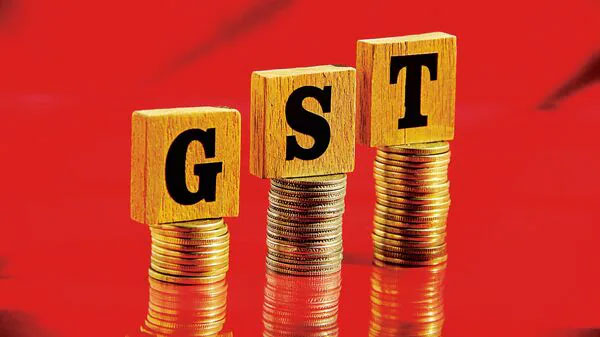Daijiworld Media Network - New Delhi
New Delhi, Sep 22: Consumer affairs secretary Nidhi Khare on Monday issued a stern warning to companies, stating that those failing to pass on the benefits of the recently reduced Goods and Services Tax (GST) rates to consumers will face strict action.
In an exclusive interview, Khare made it clear that any business not adjusting their prices to reflect the lowered GST rates will be deemed as engaging in “unfair trade practices.” She emphasized that the government is fully prepared to monitor compliance and take decisive measures against defaulters.
“If we find that reduced GST rates are not being passed on to consumers, it will be considered an unfair practice, and we will initiate class action against those companies,” she said, assuring swift redressal of consumer complaints.

This announcement comes on the very day the new GST structure took effect, bringing down tax rates on nearly 370 products, including essential items and critical medicines.
Finance Minister Nirmala Sitharaman has described the reform as a key move to inject close to Rs 2 lakh crore into the economy by enhancing household purchasing power.
Under the revised GST framework, everyday essentials such as UHT milk, paneer, chapatis, parathas, butter, biscuits, namkeen, ketchup, and juices have become more affordable. Personal care products like soaps, shampoos, and hair oils, as well as stationery items like notebooks and pencils, are now exempt from GST.
Critical medicines for cancer and rare diseases have been fully exempted, while GST on diagnostic kits and glucometers has been cut to a minimal 5 per cent. Cement used in housing construction has also seen a significant rate reduction, dropping from 28 per cent to 18 per cent. Services including salons, gyms, and yoga classes now benefit from lower GST slabs.
However, certain products such as tobacco, pan masala, and aerated drinks remain in the highest tax bracket at 40 per cent. Large SUVs and MPVs have also been placed in this category to balance revenue concerns.
Officials expect that with the price reductions on essentials, medicines, and household items, consumer spending will increase, providing a much-needed boost to the economy in the months ahead.